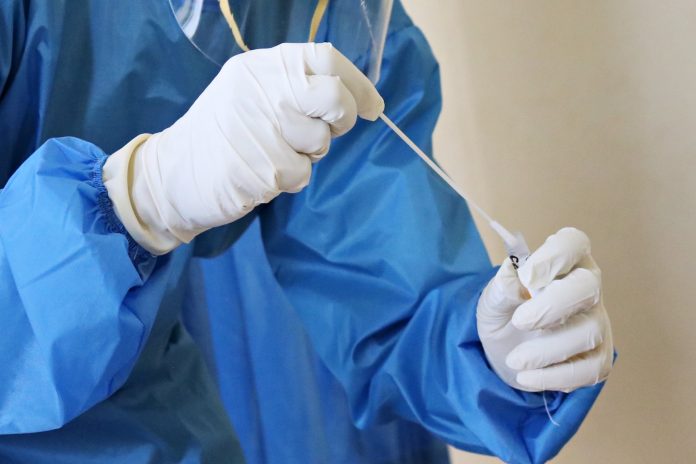
In a study from The University of Virginia, scientists found a new genomic test can predict a patient’s risk of developing severe COVID-19.
That information could help doctors identify patients at high risk for poor outcomes and quickly begin tailored treatment.
In the study, the team found the approach proved more than 90% accurate at predicting outcomes among more than two dozen patients in the intensive care unit at UVA and 100 patients from publicly available data generated at Duke and Harvard.
The test, called CovGENE, analyzes genes expressed in a person’s blood to determine whether they may experience a severe disease course with an increased risk of death.
Scientists have come far in the prevention and treatment of COVID-19 in the past two years. Regardless, they still struggle to identify patients at the highest risk for severe disease.
This study used a gene-analysis approach to identify an immune cell signature, distinct from other respiratory illnesses, that correlates with worse outcomes.
The team says this knowledge has the potential to help evaluate patients’ immune profiles with commonly, readily available assays to identify patients at risk for bad outcomes who would benefit from closer monitoring and advanced therapies to aid their recovery.
Based on the promising results of the research, CovGENE’s developer, AMPEL Biosolutions, is seeking to partner with a diagnostic testing company or pharmaceutical company to bring the approach to the market as a simple PCR-based blood test.
Now that this unique approach has been validated, researchers look forward to its rapid development as a precision-medicine tool that can improve the outcome of patients with COVID-19 and reduce the number of hospitalizations, especially among the most vulnerable.
If you care about Covid, please read studies about the root causes of severe COVID-19, and new chewing gum could reduce COVID-19 transmission.
For more information about Covid, please see recent studies that shark stuff could fight the COVID-19 virus, and results showing this common drug could almost halve COVID-19 death risk.
The study was conducted by Alexandra Kadl et al and published in the journal Frontiers in Immunology.
Copyright © 2022 Knowridge Science Report. All rights reserved.



